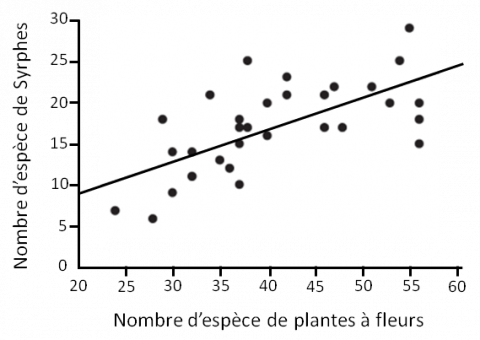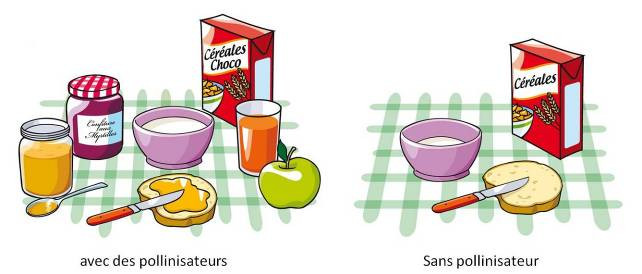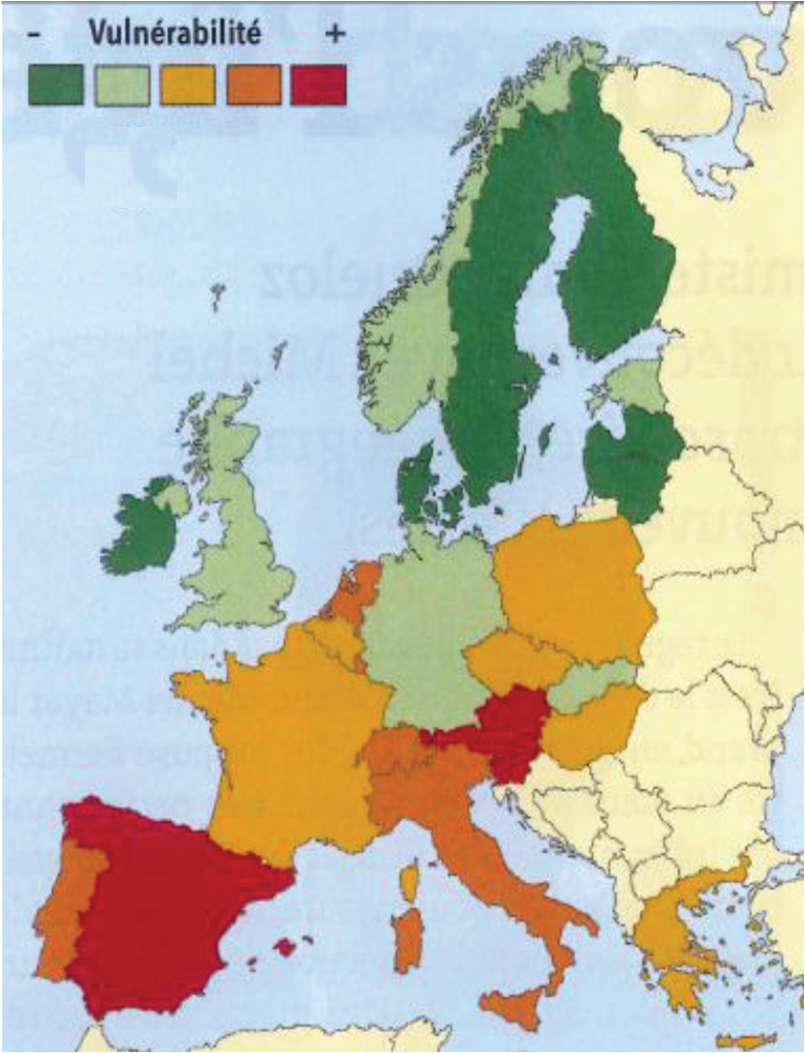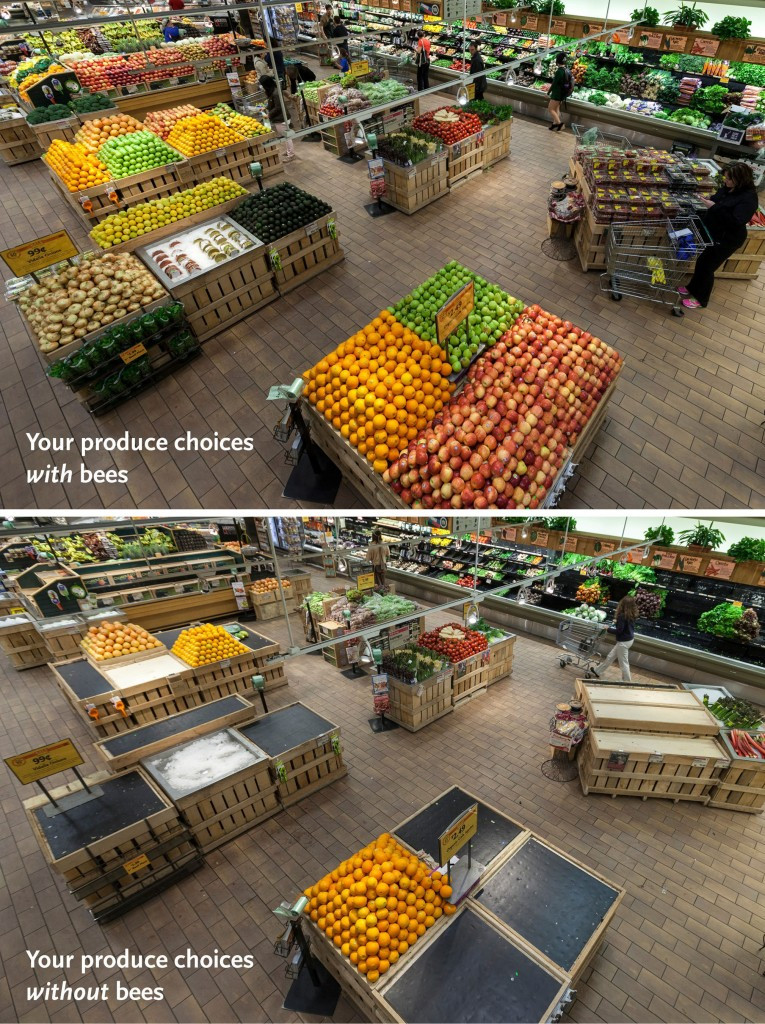Importance of pollination
Pollination, by enabling flowering plants to reproduce and insects to feed, is of great importance both for the functioning of ecosystems and for human needs.
Importance of pollination for ecosystems
Pollinator diversity and flowering plants are linked. The reproduction of 70-80% of flowering plants depends on pollination by insects. Pollinators are maintained if they find sufficient food, nectar or pollen. Flowering plants and insect pollinators are very dependent on each other. If pollination is threatened, the whole ecosystem is disrupted.
Importance of pollination for the economy
70% of crops are pollinated by insects. Almost all fruit trees, vegetables, oilseeds, protein crops, spices, cocoa and coffee depend on pollinators, which corresponds to 35% of everything we eat. Without pollinators, our diet would be much less diverse. We would only eat plants that do not depend on insects for reproduction, such as wheat, rice or maize. Without pollinators, there would be fewer flowering plants and less meat and milk production because the animals we raise feed on plants.
Agriculture and therefore humans are highly dependent on pollination.




